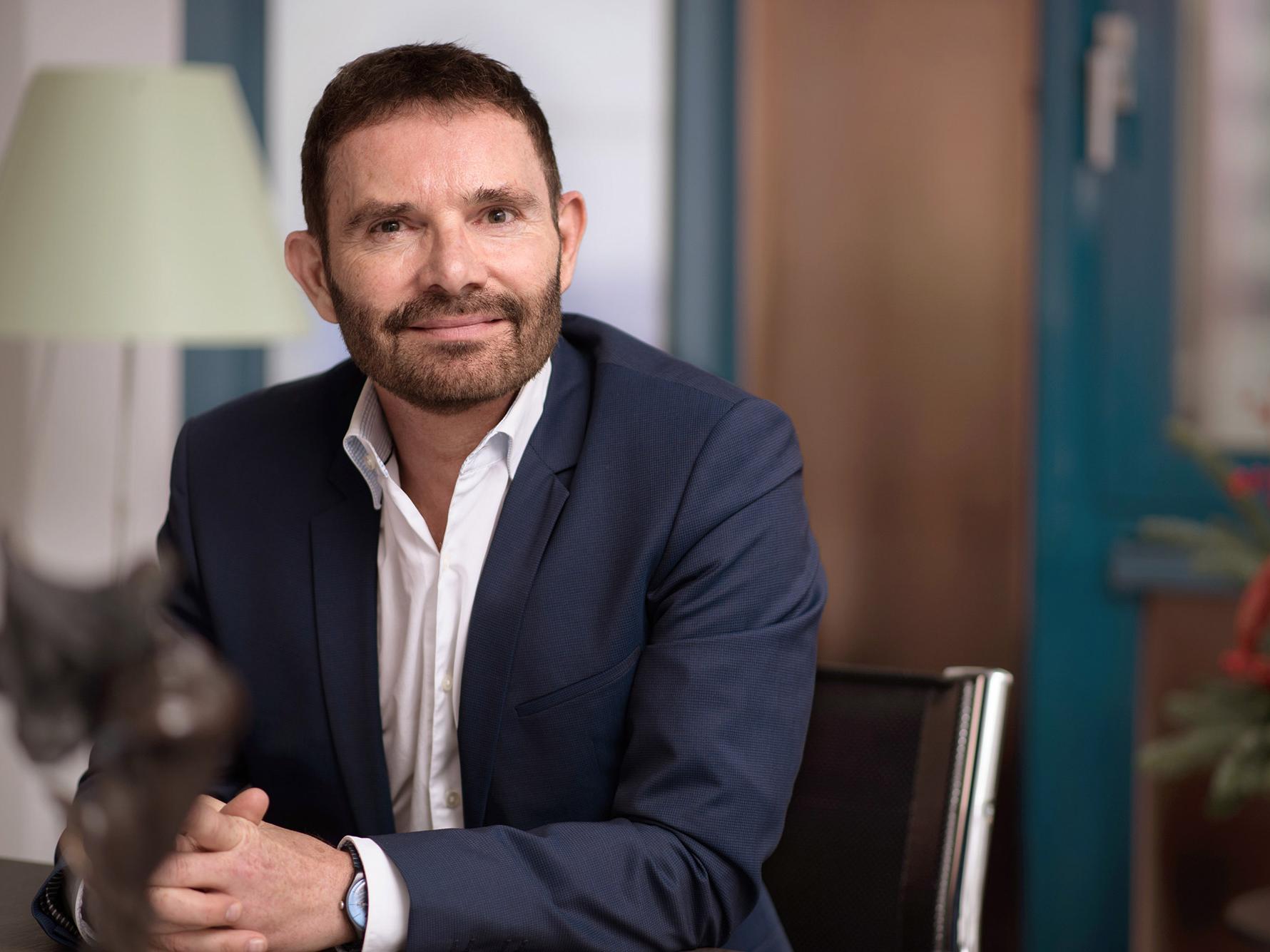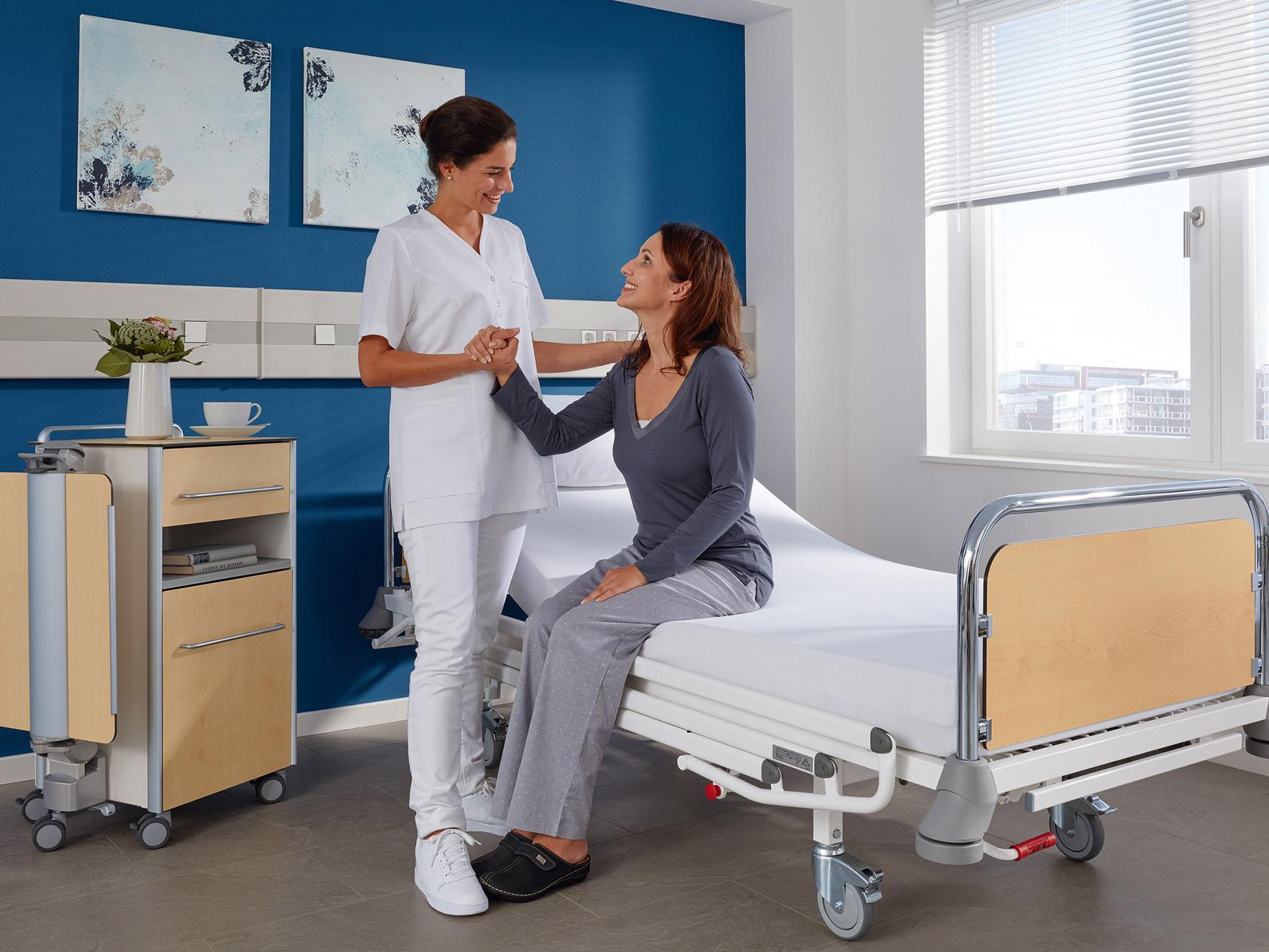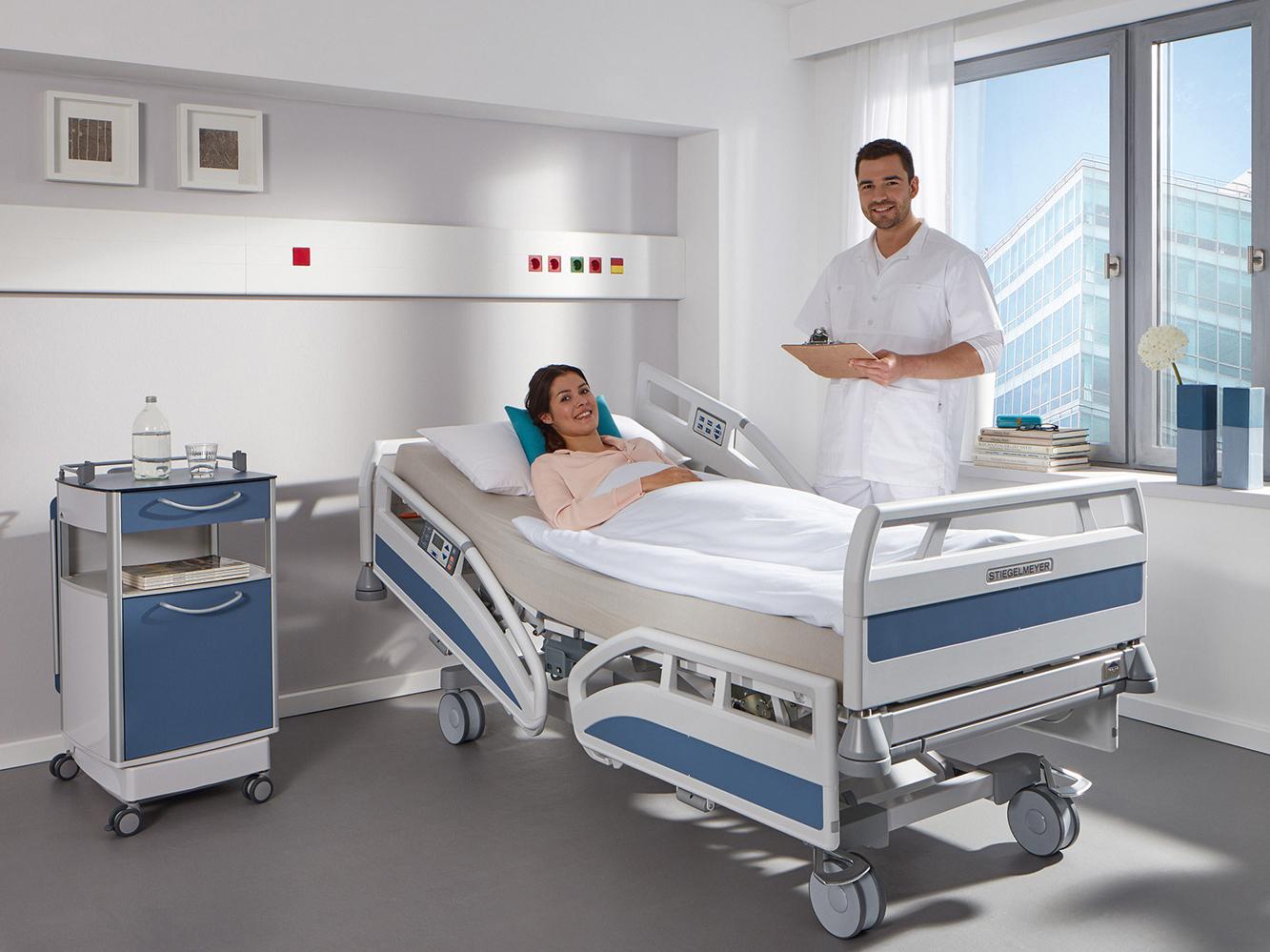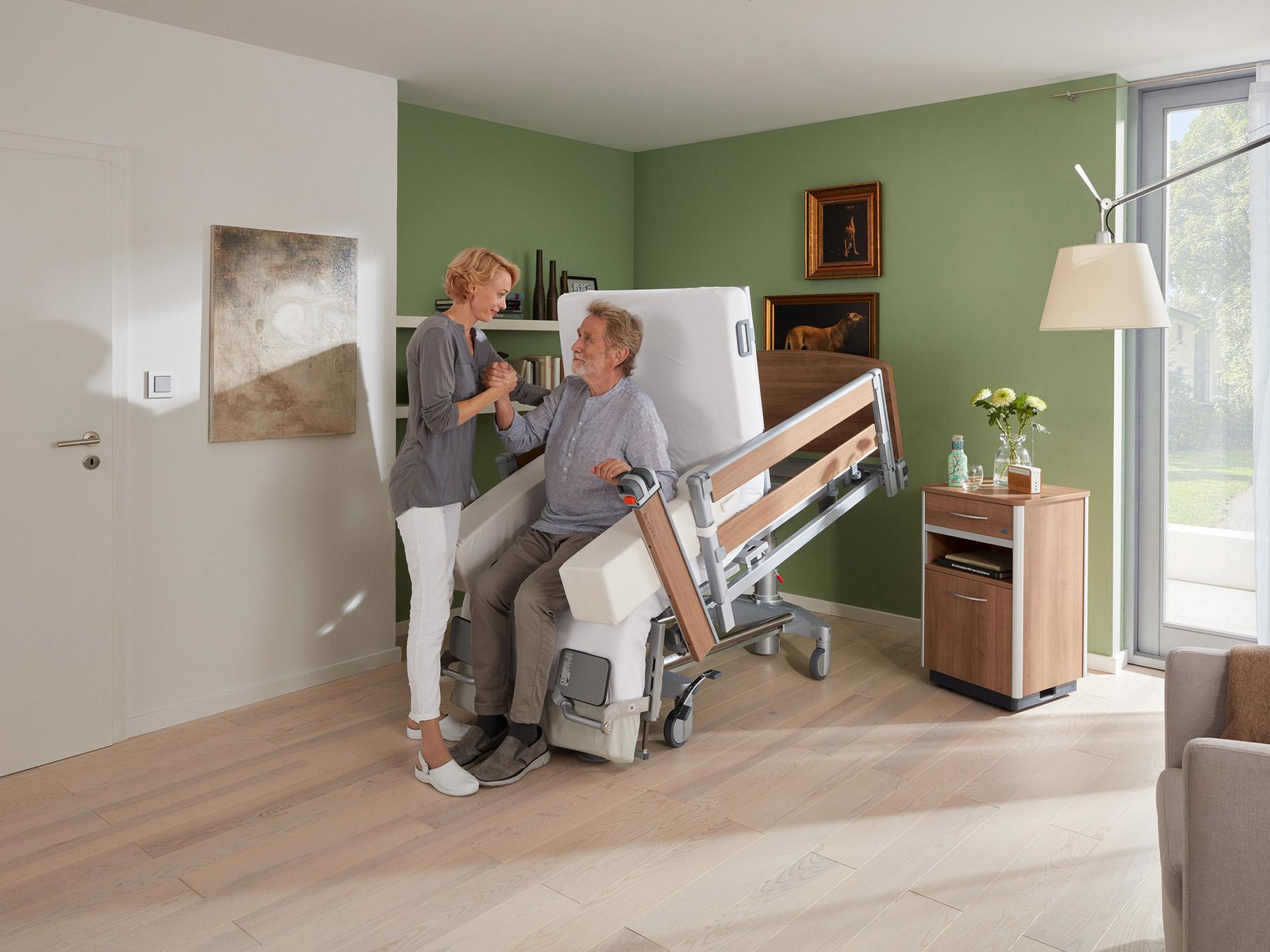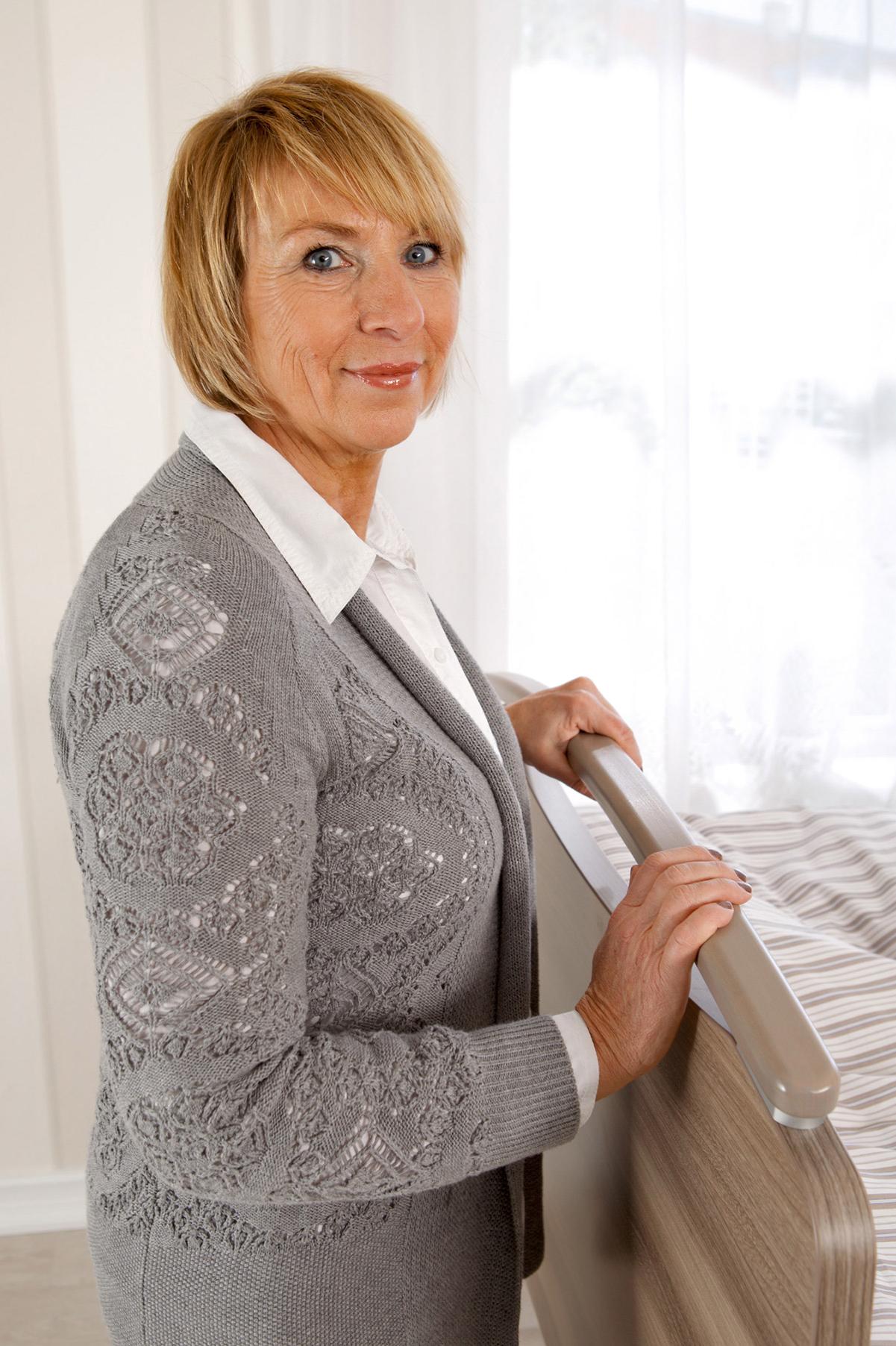
„The care professions are becoming more attractive"
Prof. Dr. Volker Großkopf welcomes the new law on nursing care education
In June, the grand coalition in the Bundestag passed a resolution on reforming nursing care education – after bitter discussion. Among other things, the new law intends to combine the previously separate areas of nursing care for the elderly, for the sick and paediatric nursing into one generalised training programme. Prof. Dr. Volker Großkopf, lecturer at the Catholic University of Applied Sciences North Rhine-Westphalia in Cologne and publisher of the journal "Rechtsdepesche für das Gesundheitswesen", has occupied himself intensively with the law.
Prof. Dr. Großkopf, do prospective carers for the elderly or nurses need to learn three times as much material as before?
Certainly not. Already in 2003, when the nursing care law for the elderly was made into federal law, nursing care for the elderly was brought closer to nursing care. One reason for this was that the clients in retirement homes were no longer like those from 30 years ago. In the past, psychosocial contact used to be the main focus in the field of elderly nursing care. Today, many people only go to retirement homes in their last phase of life, with an average stay of six months. For this reason, in addition to basic care, highly specialized treatment care such as that required in hospitals is becoming increasingly important. The new caring professions act thus reflects what has already been underway for years.
Have there still been differences in the training programmes up to now?
As said, basic care and psychosocial contact have been in the foreground of elderly nursing care up to now. Furthermore, dementia care and polypharmacy, i. e. the simultaneous use of several drugs, were parts of elderly nursing care training.
Will psychosocial contact be neglected in the future?
No, certainly not. Trainees can specialise further in this area in their third year – a compromise which I personally do not find effective, however. Unfortunately, this will water down the objective of bringing together the three professional groups and the possibility of switching between sectors without any problems.
Many nursing homes for the elderly have to rely on helpers and career- changers. Will this be made more difficult by the new law?
No, this point still depends on the federal states’ residence and participation laws, which generally require a 50-percent share of skilled workers. What is important for the nursing homes is that they have to create a precise description of the tasks required, so that career changers do not take on any professional nursing tasks – otherwise, there is a liability problem.
The caring professions act is facing a wave of criticism. Some associations predict the collapse of nursing care for the elderly. What are the critics' arguments?
They fear that the care staff will migrate from nursing homes to hospitals as a result of this general training, and that the elder care sector will thus be drained of workers. This danger exists already, though, as many nursing home employees become physically overwhelmed over the years and then leave nursing care completely. This is why I find it more positive that the general training gives employees the opportunity to change areas if necessary and remain in the nursing care system. Ultimately, however, salaries in elder nursing care must also be raised to the level of nursing care for the sick if staff are to be kept in this area.
Some critics argue that the new training programme is so demanding that people with low education levels will be frightened away. Do you agree?
No. If a person does not have the confidence for the three-year training, they can take part in a one-year course to become a nursing assistant and slowly work their way into the profession.
After the first two years of the new training, it will soon be possible to specialise in one of the fields in the third year. Doesn’t that contradict the aim of having a general orientation?
Absolutely. Starting in 2018, there will first be a test phase of six years. After this, the specialisation distribution will be seen. If I would make the choice for a care profession, I would always choose to become a generalist, in order to be flexible on the job market. At most, specialising in paediatric care makes sense if you definitely only want to deal with children.
Is it possible to specialise in nursing care for the elderly and still work in hospitals at a later date, or is it impossible to switch to a different profession?
That remains to be seen. But I do believe that specialisation is a preliminary decision and that those in charge of nursing care for the elderly want this to be so in order to prevent people from leaving. From a purely legal point of view, however, it is likely that specialised elder nursing staff will also be allowed to work in hospitals, as is already the case.
Why was specialisation decided for, then?
This was a compromise that the government needed to make in order to be able to pass the law before the end of this legislative period. It was an important step, because in addition to the standardised training, the reform project includes many other very positive aspects that have so far been overlooked in public debate and would otherwise have fallen by the wayside.
What are those aspects?
For the first time in a German nursing care law, reserved tasks have been defined which may only be performed by nursing staff with the appropriate qualifications. This increases the status of nursing care considerably. Now they can no longer say: Anyone can do nursing care! I also think it is positive that the directive on the transfer of medical practices has been incorporated into the law. This directive defines a number of medical activities that nurses are allowed to carry out on their own authority, such as wound therapy.
The new caring professions act also provides a nursing degree course as an academic alternative to a training programme. What do you think of that?
I think it is very good that Germany is now catching up with almost all other EU countries and is introducing an academic primary nursing qualification. Finally, school leavers can say: I want to study nursing. In the UK or in many other EU member states as well as in the USA, such “Advanced Nurse Practitioners” have long been commonplace.
Are there any fears that trained nurses will soon replace doctors for lower salaries?
Medical duties are already being delegated to nursing care staff all the time, otherwise, everything would collapse. That's not what the new nursing degree programme is about, though. Academic nursing staff should be trained to organize complex care processes and advance the further development of nursing science. At the moment, however, there are still far too few university places.
Do you believe that care in Germany will still be provided by humansalone in a few decades’ time? Or will we need to rely much more on technology?
Two aspects play an important role in dealing with the care of baby boomers. On the one hand, I hope that in 20 years' time, disorders such as dementia, which are associated with a high need for care, will be better controlled by pharmaceuticals. On the other hand, technical aids are becoming more and more important – perhaps you as a bed manufacturer should think about beds that can independently reposition patients at risk of decubitus ulcers. In the future, we will have to confront even greater challenges.
Thank you very much for talking to us.
Christoph Prevezanos and Manuel Jennen spoke to the expert.
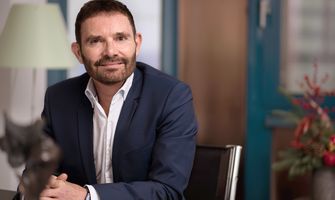
Prof. Dr. Volker Großkopf became the chair of law in the Department of Health Science at Cologne Catholic University of Applied Sciences in 2001. The focus of his work is liability issues for care staff. Together with Michael Schanz, he co-founded the publishing house G&S-Verlag GbR in 2003, which publishes the professional magazine for health law, “Rechtsdepesche”.


